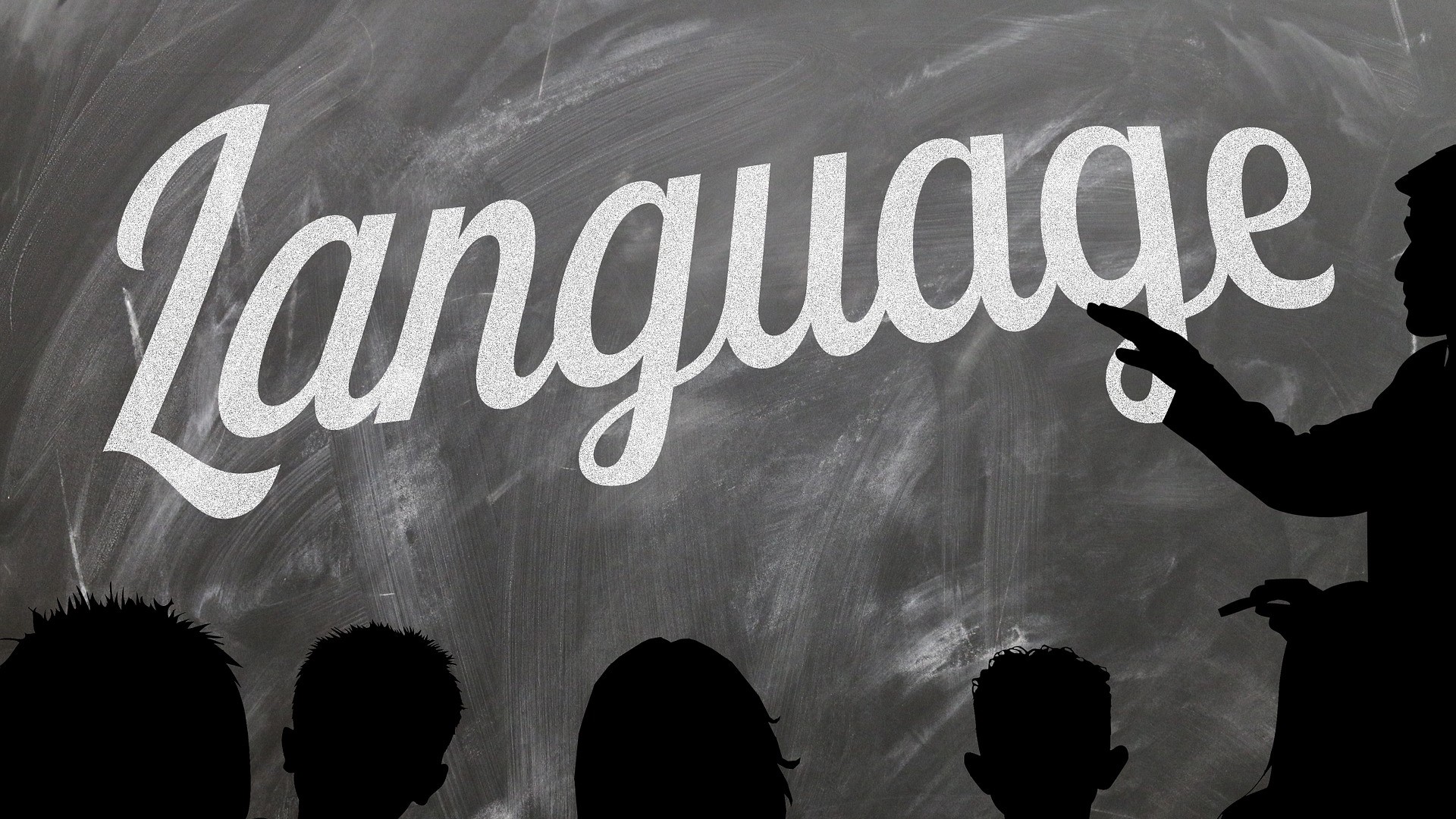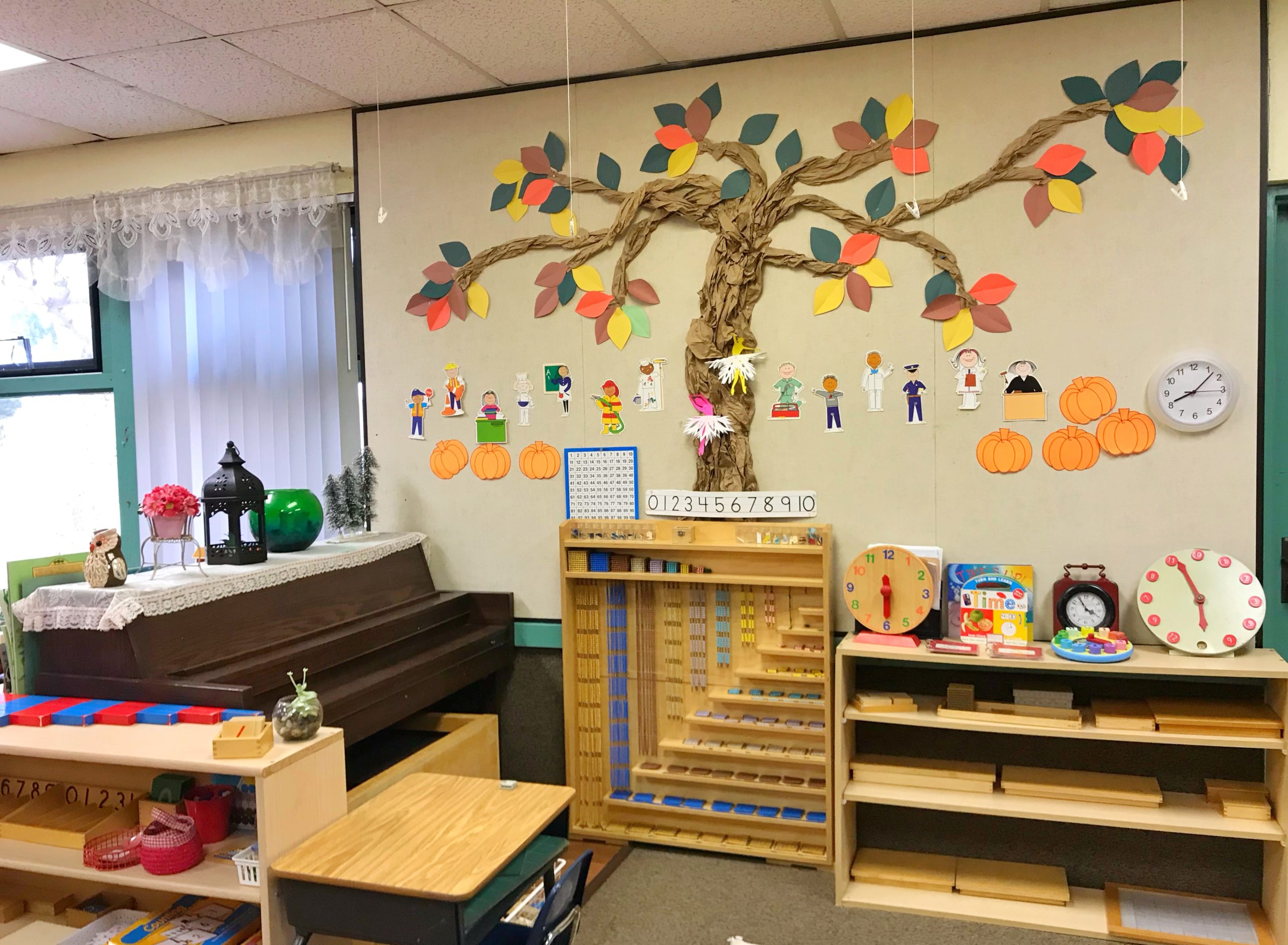
Language is a vital part of human development. People cannot live without communication with others in our society and human civilization cannot continue without the conservation of language and the collective minds of the individuals in a society.
Maria Montessori defined: “language is the expression of agreement among a group of men, and can be understood only by those who have agreed that special sounds shall represent special ideas…” Language is the essence in the development of every child, because it enables him to communicate with others and to understand others. Maria Montessori observed that the sensitive period of language is the longest one, in which it is formed at birth and continues through the age of six. In every period, the child has some tasks to achieve and thus inner power drives him to learn language. In a Montessori classroom, the language area is not only a distinct area in the environment but runs parallel with other activities in the classroom. The environment is designed that all activities feed naturally toward development of the skills required for learning language—writing and reading.
Language development is flourished through the use of books, group activities, and conversations. Oral language in a Montessori classroom should be extensive and exact. Large muscle development is incorporated through-out the Montessori classroom as well. All these activities are an indirect preparation for writing and reading.
Language is a process in which all humans take part. However, the first years of life are the formation of the bases of language. In a Montessori classroom, the free environment allows the complete exploration of the language curriculum for the child and the child will freely express himself through the prepared environment and a guidance of the directress thus, enabling him to become confident and empowered.




